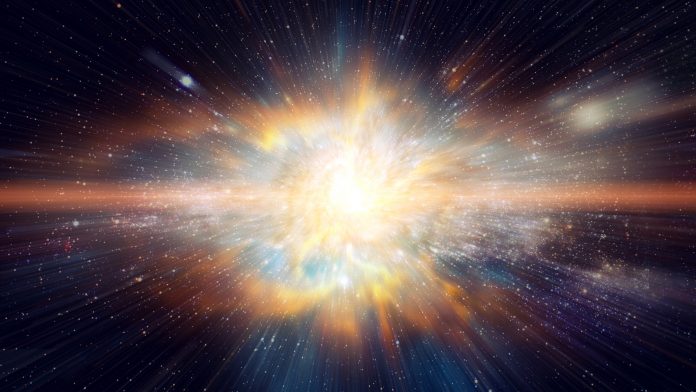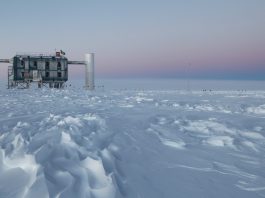A team of researchers from Ruhr-Universität Bochum (RUB) have produced exciting new software in order to discover the unknown causes of cosmic rays. The cause of the high-energy radiation that hits Earth from space has been unknown for a century.
The team have developed a computer programme that simulates the transport of cosmic rays through space. This new invention is able to determine which celestial objects cause the rays to hit the Earth’s surface, instead of relying on theoretical models.
The discovery of cosmic rays
Cosmic rays are a form of high-energy radiation which originate from an unknown territory outside of the Earth’s solar system. They were discovered by scientists 100 years ago and researchers have been attempting to discover where they come from ever since.
Researchers have faced several problems when trying to source where the rays come from. When viewed from Earth during the day, cosmic rays simply appear identical to the sky. This happens because light from the Sun is scattered across Earth’s atmosphere and spreads evenly across the entire sky.
Because they interact with cosmic magnetic fields on their way to Earth, cosmic radiation is shattered before it has the chance to hit Earth. This means all we can see in the sky is an evenly illuminated image, which leaves the cause of high-energy radiation unknown.
The CRPropa programme
The simulation programme was developed as a result of an international collaboration of 17 researchers from Germany, Spain, the Netherlands, Italy, Croatia, England and Austria.
Julien Dörner, PhD student at RUB, said: “Our programme, known as CRPropa, enables us to trace the trajectories of particles from their formation to their arrival on Earth – and this for all energies that we can observe from Earth.”
“We can also fully account for the interaction of the particles with matter and photon fields in the Universe.”
The programme not only simulates cosmic ray propagation, but also picks up neutrinos and gamma rays produced as a result of cosmic ray interactions.
Dr. Patrick Reichherzer, postdoctoral researcher at RUB, explained: “Unlike cosmic rays, these messenger particles can be observed directly from their sources, as they come to Earth on a straight path.”
“We can also use the software to predict such signatures from neutrinos and gamma rays from distant galaxies such as starbursts or active galaxies.”
This new simulation programme is currently the most advanced cosmic ray software and enables researchers to discover new data about the Universe.
“We can explore new energy ranges in the simulation that couldn’t fully be captured in such detail with the programmes available to date,” said Professor Karl-Heinz Kampert from the University of Wuppertal.
“Most importantly, we can develop a theoretical model that describes the transition from cosmic rays from our own Galaxy to a fraction coming from distant galaxies and compare it with observations.”
The programme is a major step towards understanding how cosmic rays transport and interact through the Universe. CRPropa will significantly contribute to the undiscovered origin of cosmic rays.









